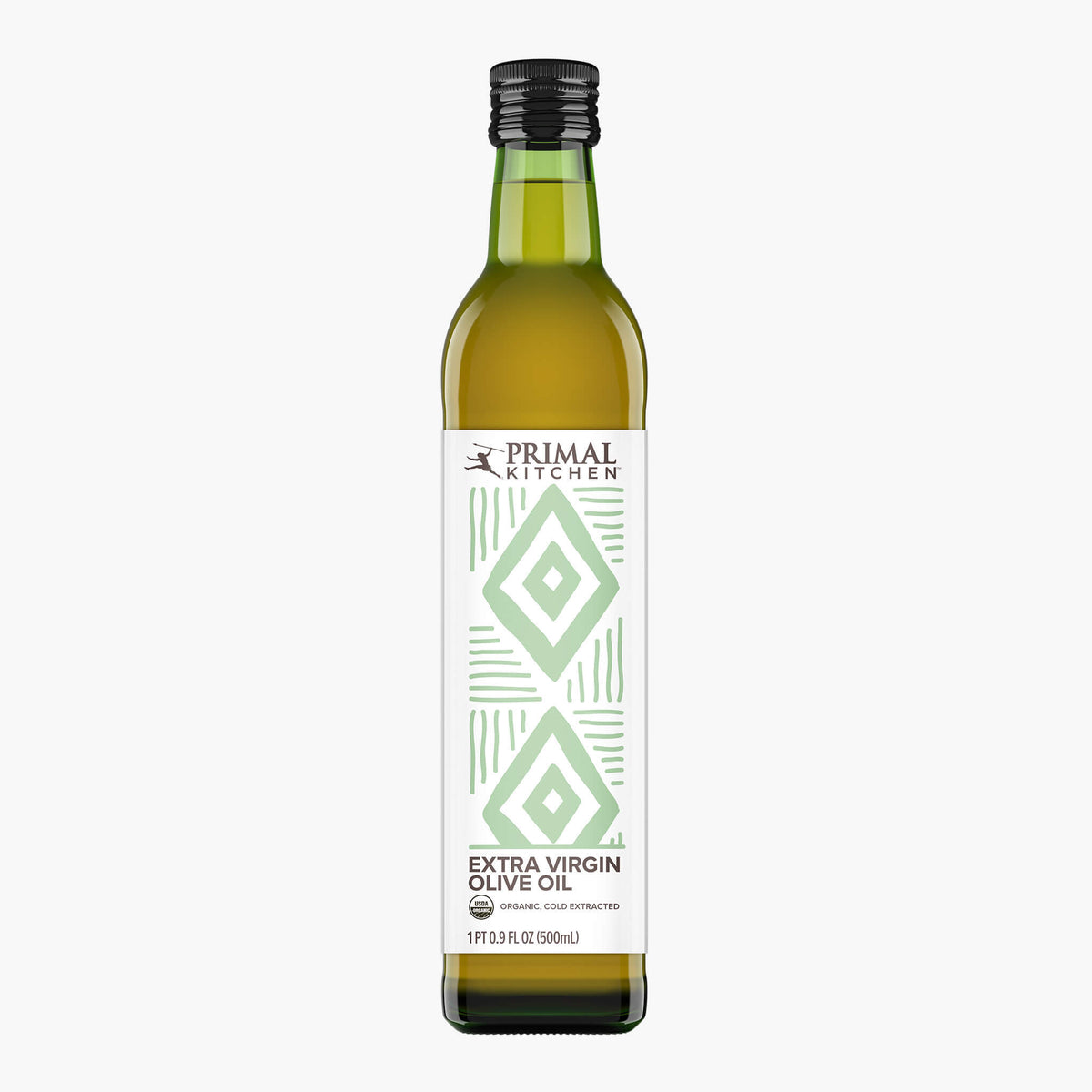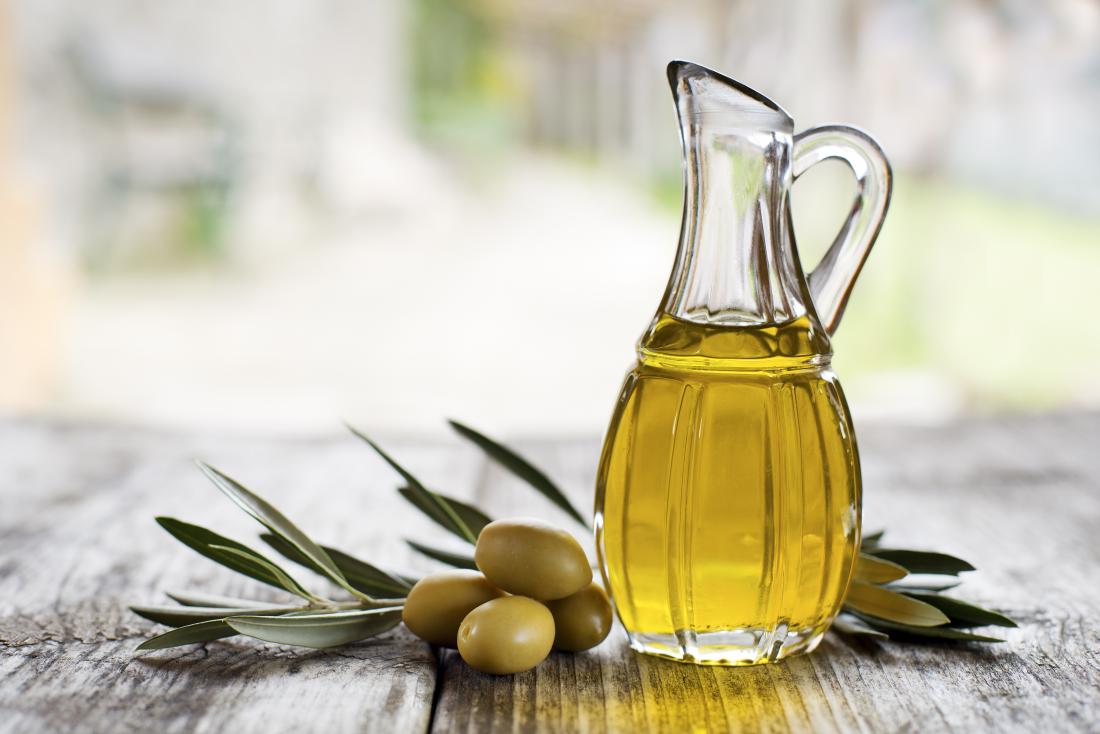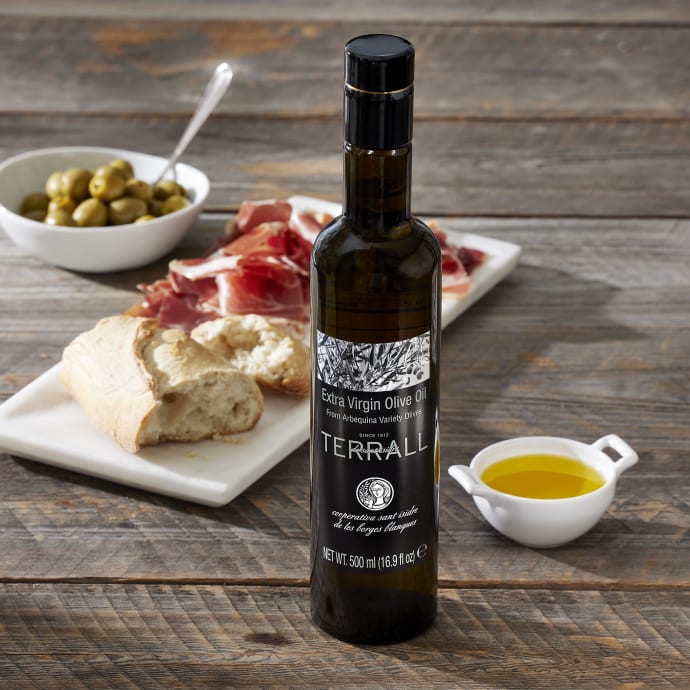Checking Out the Various Kinds Of Olive Oil and Their Uses, Including Bonus Virgin Olive Oil
The exploration of olive oil incorporates a diverse variety of kinds, each offering culinary applications and unique tastes. Extra virgin olive oil, renowned for its remarkable quality and health and wellness advantages, serves as a staple in numerous cooking areas, yet it is only one aspect of this complex ingredient.
What Is Olive Oil?
Originated from the fruit of the olive tree, olive oil is a staple in Mediterranean food and a vital ingredient in different cooking applications. This functional oil is generated by pressing entire olives, causing a fluid that varies in aroma, color, and flavor depending upon the kind of olives made use of, the area of cultivation, and the extraction process. Olive oil is primarily made up of monounsaturated fats, especially oleic acid, which is recognized for its possible wellness advantages, consisting of anti-inflammatory residential or commercial properties and cardiovascular support.
In addition to its culinary usages, olive oil has a lengthy background of application in typical medicine and skin care, owing to its rich antioxidant content (extra virgin olive oil benefits). The oil is commonly made use of in dressings, marinades, and for cooking methods such as sautéing and roasting. Its distinctive flavor account can boost the preference of numerous recipes, making it a crucial active ingredient for both home chefs and specialist cooks
Moreover, olive oil is celebrated for its role in the Mediterranean diet, which is related to countless wellness advantages. As recognition of these benefits expands, olive oil remains to gain popularity worldwide as a basic part of a healthy lifestyle.
Kinds of Olive Oil
Recognizing the different sorts of olive oil is essential for both cooking enthusiasts and health-conscious customers. Olive oil is classified mostly based on its removal method and top quality, which considerably affects its fragrance, health, and taste advantages.

Light olive oil, regardless of its name, describes a lighter flavor and not lower calories. It is perfect for those seeking an extra refined taste in sauces and dressings. In addition, there are flavorful olive oils infused with herbs, seasonings, or citrus, which can improve meals without the requirement for additional spices.
Each kind of olive oil offers certain culinary objectives, and recognizing these differences allows customers to make educated choices that straighten with their cooking styles and wellness goals.
Bonus Virgin Olive Oil
Additional virgin olive oil (EVOO) is widely considered the finest olive oil readily available, renowned for its rich taste and various wellness benefits. To be identified as additional virgin, the oil must be created from fresh olives using mechanical procedures, without using solvents or extreme heat. This careful method maintains the see here now oil's natural tastes, anti-oxidants, and healthy fats, causing a product with a reduced acidity level of much less than 0.8%.
EVOO is abundant in monounsaturated fats, specifically oleic acid, which is linked to minimized swelling and enhanced heart health. It also consists of polyphenols, powerful anti-oxidants that might supply protective impacts versus chronic illness. The taste profile of EVOO can vary dramatically depending upon the olive selection and region of production, varying from fruity and verdant to durable and sharp.

Culinary Use Olive Oil

In cooking, olive oil can be used for sautéing, roasting, and grilling, offering a healthier alternative to butter or other fats. Its high smoke point makes it suitable for numerous cooking approaches, while its anti-oxidants add to a heart-healthy diet regimen. Sprinkling olive oil over completed meals, such as pasta, fish, or grilled vegetables, can boost tastes and include a touch of sophistication.
Additionally, olive oil plays a considerable function in baking, where it can change typical fats in dishes for bread and pastries, imparting moisture and a refined preference. It also acts as a base for instilled oils, enabling chefs to try out flavors such as garlic, natural herbs, or chili, additionally broadening its culinary possibility. Generally, olive oil's flexibility makes it important in both home and professional cooking areas.
Deciding On Quality Olive Oil
When picking high quality olive oil, it's vital to consider numerous essential factors that affect the product's wellness, flavor, and fragrance advantages. Most importantly, decide for additional virgin olive oil (EVOO), which is acquired from the very first cool pressing of olives and has the highest degrees of antioxidants and helpful compounds. Look for oils that are accredited by identified organizations, as this frequently makes sure adherence to stringent top quality criteria.
The product packaging likewise plays a substantial role in preserving the oil's integrity. Select oils stored in dark glass bottles or tins to safeguard against light degradation. Pay focus to the harvest date; fresher oils use superior taste and nutritional value, so choose products that are within 18 months of their harvest.
Be mindful of the preference; a great high quality olive oil must have a balance of fruity, bitter, and peppery notes, indicating its splendor and intricacy. By examining these elements, you can ensure you are choosing the ideal olive oil for your cooking requirements.
Conclusion
In summary, the expedition of different kinds of olive oil exposes unique attributes and applications, with additional virgin olive oil representing the pinnacle of quality as a result of its reduced acidity and high antioxidant content. Its versatility in cooking uses enhances tastes in dressings, marinates, and drizzles. Comprehending the different selections of olive oil enables for informed selections in cooking methods, advertising healthier techniques while enhancing the overall gastronomic experience. Quality option remains essential for optimum benefits.
Acquired from the fruit of the olive tree, Continue olive oil is a staple in Mediterranean cuisine and a crucial ingredient in different cooking applications.The most common kinds of olive oil consist of refined olive oil, pure olive oil, and light olive oil.Additional virgin olive oil (EVOO) is extensively regarded as the greatest top quality olive oil available, renowned for its abundant flavor and various wellness benefits. Opt for additional virgin olive oil (EVOO), which is acquired from the first chilly pushing of olives and has the highest levels of anti-oxidants and valuable compounds.In summary, the exploration of different kinds of olive oil discloses distinct qualities and applications, with additional virgin olive oil standing for the peak of top quality due to its low acidity and high antioxidant content.
Comments on “Extra Virgin Olive Oil Benefits: A Must-Have for a Balanced and Nutritious Lifestyle”